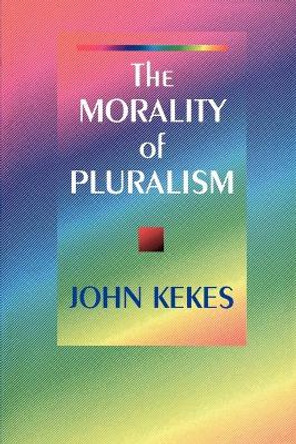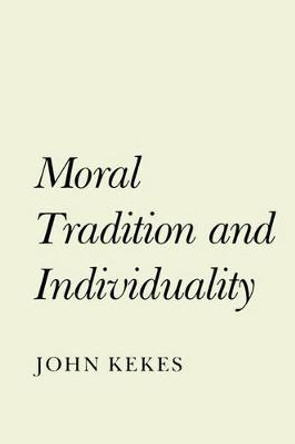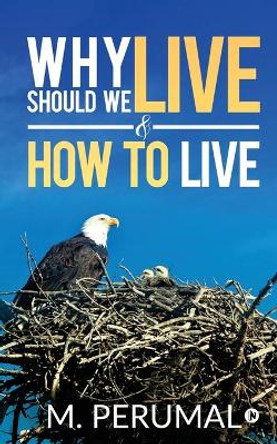What is your highest ideal? What code do you live by? We all know that these differ from person to person. Nonetheless philosophers have long sought a single, overriding ideal that should guide everyone, always, everywhere, and after centuries of debate we're no closer to an answer. In How Should We Live?, John Kekes offers a refreshing alternative, one in which we eschew absolute ideals and instead consider our lives as they really are. Kekes argues that ideal theories are abstractions from the realities of everyday life and its problems. The well-known arenas where absolute ideals conflict-dramatic moral controversies about complex problems involved in abortion, euthanasia, plea bargaining, privacy, and other hotly debated topics - should not be the primary concerns of moral thinking. Instead, he focuses on the simpler problems of ordinary lives in ordinary circumstances. In each chapter he presents the conflicts that a real person - a schoolteacher, lawyer, father, or nurse, for example - is likely to face. He then uses their situations to shed light on the mundane issues we all must deal with in everyday life, such as how we use our limited time, energy, or money; how we balance short- and long-term satisfactions; how we deal with conflicting loyalties; how we control our emotions; how we deal with people we dislike; and so on. Along the way he engages some of our most important theorists, including Donald Davidson, Thomas Nagel, Christine Korsgaard, Harry Frankfurt, Charles Taylor, Alasdair MacIntyre, and Bernard Williams, ultimately showing that no ideal - whether autonomy, love, duty, happiness, or truthfulness-trumps any other. Rather than rejecting such ideals, How Should We Live? offers a way of balancing them by a practical and pluralistic approach - rather than a theory - that helps us cope with our problems and come closer to what our lives should be.
About the AuthorJohn Kekes is professor emeritus of philosophy at the University at Albany, State University of New York and research professor at Union College. He is the author of many books, most recently The Human Condition, Enjoyment: The Moral Significance of Styles of Life, and The Enlargement of Life: Moral Imagination at Work.
Reviews"Innumerable horrors, especially of the last century, can be traced to the frame of mind that is willing to sacrifice everything for an ideal. Kekes takes apart the claims that are made in favor of different ideals and demonstrates that ideals cannot tell us what to do, since it is the evaluation of our conflicting beliefs. emotions, and motives that matters-and appealing to a single, overriding ideal does little to aid in this evaluation. This is a work of sound, extensive, and thorough scholarship." (Ann Hartle, Emory University)"
AwardsCommended for PROSE (Philosophy) 2015.
Book InformationISBN 9780226155654
Author John KekesFormat Hardback
Page Count 264
Imprint University of Chicago PressPublisher The University of Chicago Press
Weight(grams) 539g
Dimensions(mm) 23mm * 17mm * 2mm







